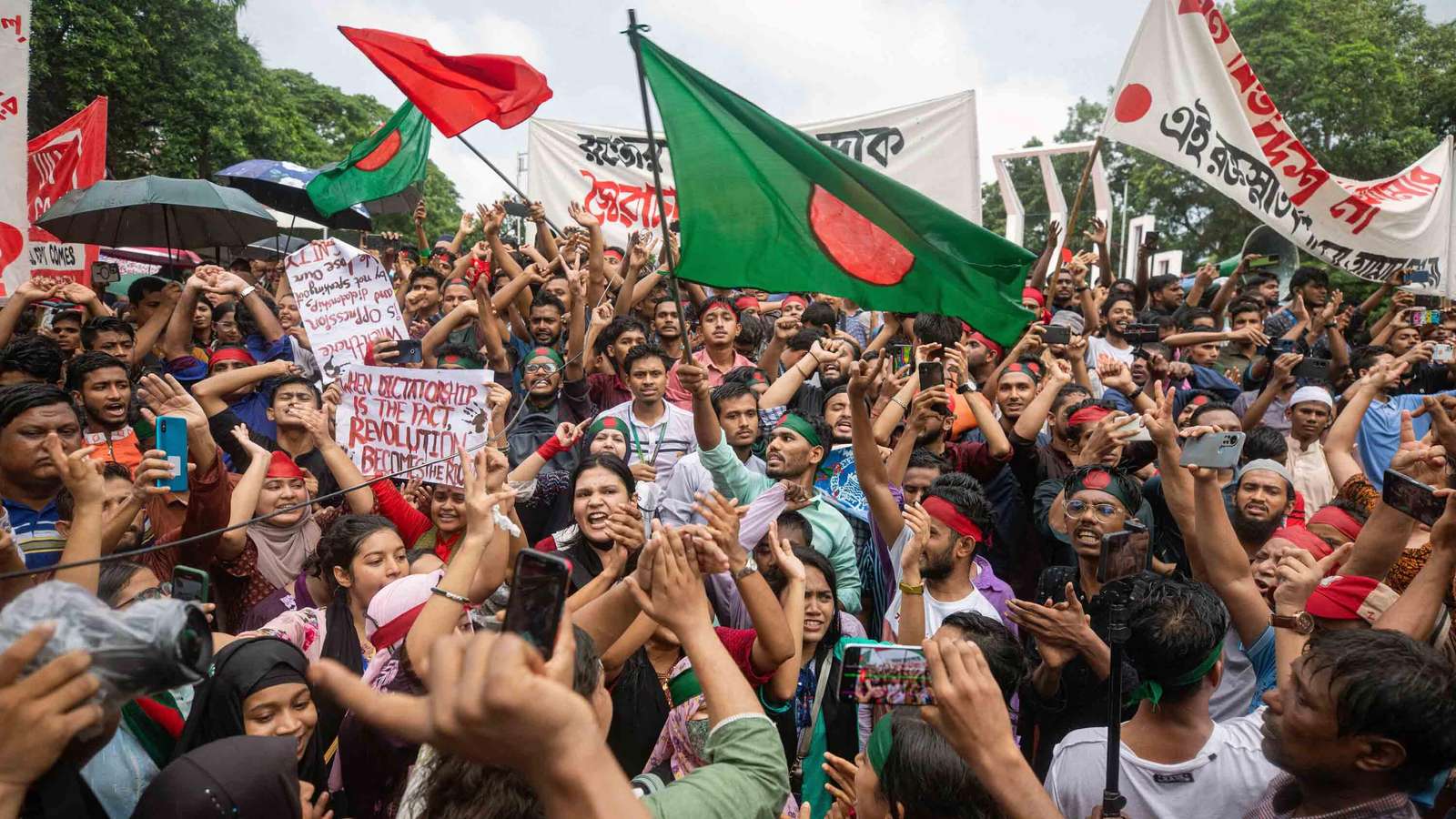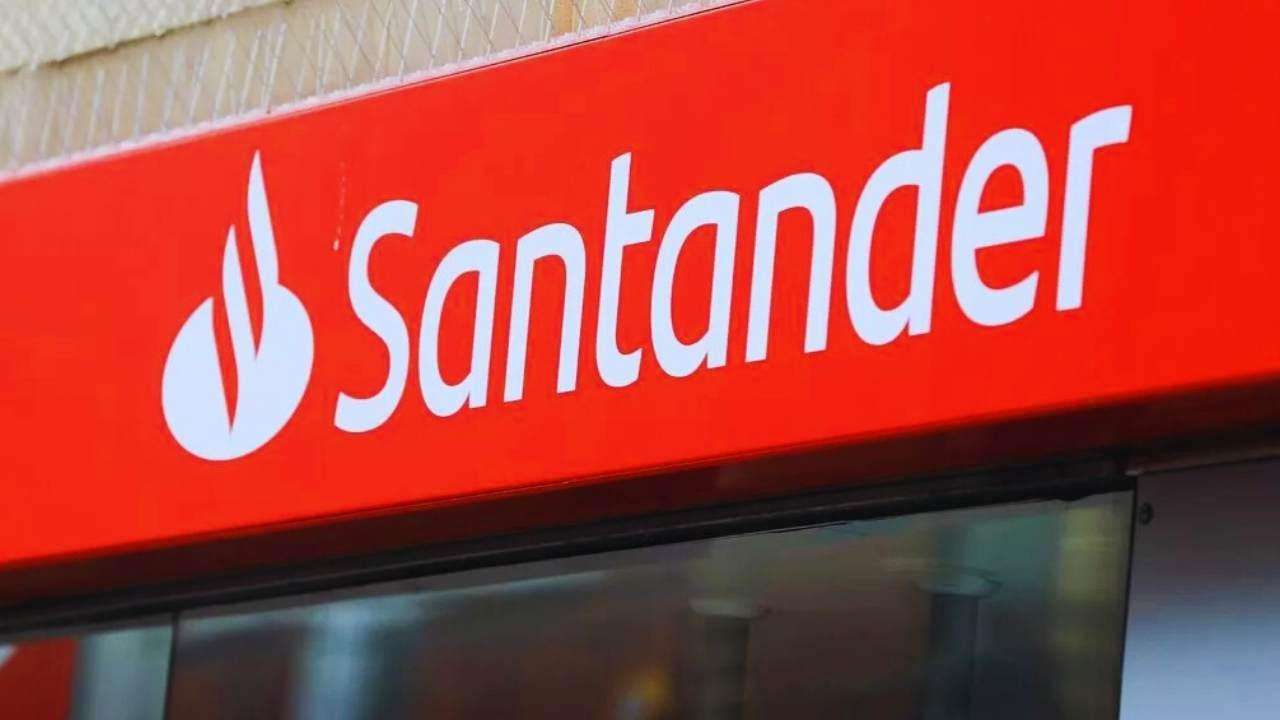One year after the violent uprising that ousted former Prime Minister Sheikh Hasina, Bangladesh’s youth are still grappling with widespread unemployment. The protests, which began over perceived injustices in civil service job quotas, resulted in nearly 1,400 deaths and sparked national calls for reform.
As of Saturday, August 2, 2025, little has improved despite the rise of an interim government headed by Nobel Peace Prize winner Muhammad Yunus. While the High Court has reduced civil service job quotas to just 7%, there has been little tangible progress in generating new employment opportunities. The situation has been further aggravated by factory shutdowns and reductions in foreign aid.
Data from the International Labour Organisation (ILO) reveals that nearly 30% of the country’s youth are not engaged in employment, education, or training. Young women are disproportionately affected, with an unemployment rate of 23% compared to 15% for young men. Despite their significant role in last year’s demonstrations, women still face limited access to job opportunities.
Many activists believe that the government’s priorities have shifted away from economic recovery toward political concerns. Reform advocate Tuhin Khan said the country’s youth continue to wait for meaningful action. Economists and observers suggest that investor confidence—and with it, job creation—will only return once a stable, elected government is in place.
The once-thriving garment sector, a cornerstone of Bangladesh’s economy, has suffered heavily. The Beximco Group has shuttered more than a dozen factories since the political transition, leaving 40,000 workers unemployed. Fear of political persecution among business owners linked to the previous regime has led to further closures and rising job losses.
Today, millions of young people—including university graduates and informal laborers—are trapped in a state of economic limbo. “I’ve been looking for work for months,” said Jasimuddin, a former garment factory supervisor. For many, the optimism that fueled last year’s uprising has given way to deepening economic despair



.jpg)



.svg)

_1.jpg)